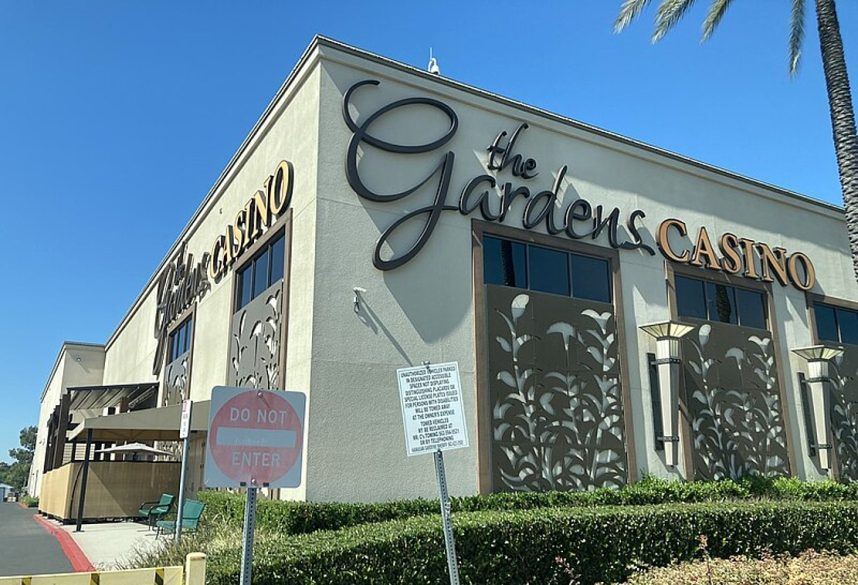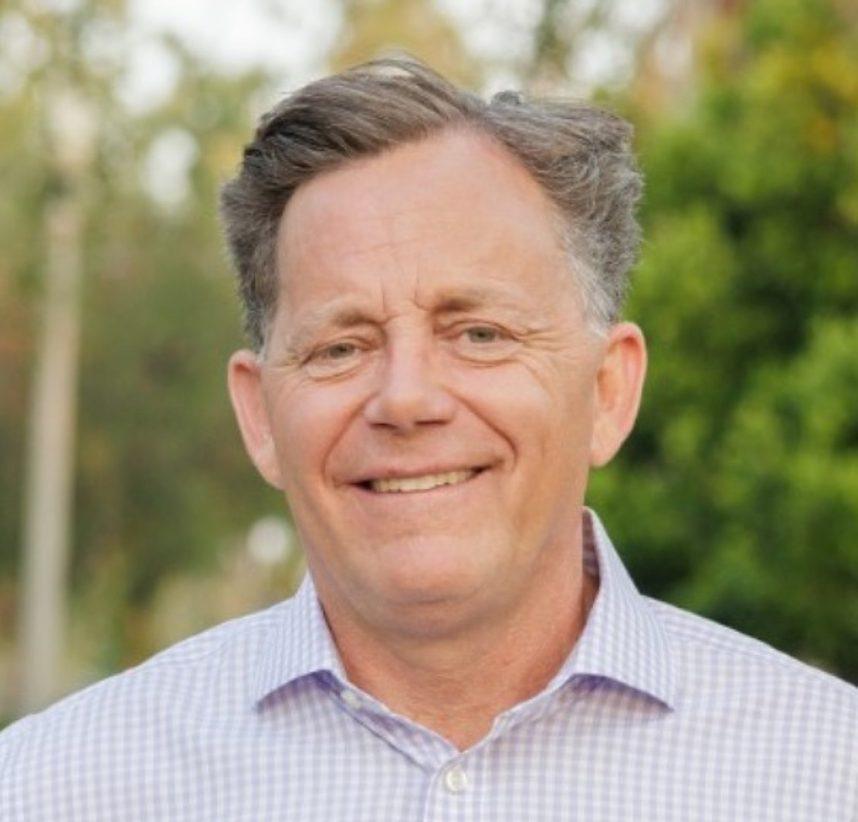
California Cardrooms Launch $3M Political Payback Campaign Against Tribal Gaming Bill Supporters
California cardrooms invested over $3 million in political campaigns targeting lawmakers who supported Senate Bill 549, which grants tribal casinos the right to legally challenge cardroom gaming operations. This unprecedented retaliation occurred after the bill's passage into law in September 2024.
SB 549, effective January 1, enables tribes to seek judicial review of cardroom operations offering games like blackjack and pai gow poker. Tribes argue these games infringe on their voter-granted exclusive rights.

The Gardens Casino building exterior
The law impacts California's 84 licensed cardrooms, where modified casino games operate through player-dealer rotation and third-party companies acting as dealers. While cardrooms maintain their games' legality, they fear potential bankruptcy from legal battles. The California Gaming Association estimates 32,000 jobs could be at risk.

Smiling man against green backdrop
Key targets of the cardrooms' campaign included:
- Sen. Josh Newman (bill author): Lost to Republican Steven Choi ($900,000 spent against him)
- Assemblymember Evan Low: Lost congressional race ($500,000 spent)
- Assemblymember Brian Maienschein: Lost city attorney race ($443,000 spent)
- Laurie Davies: Won reelection despite $1.3 million opposition spending
This political strategy marks a shift in California gaming politics, where tribes have historically dominated campaign spending ($23.5 million in the past decade compared to cardrooms' significantly lower contributions). The cardrooms' aggressive response signals a new phase in the ongoing tension between tribal casinos and cardroom operators, with potential implications for future gaming legislation.
The law's implementation could also affect local governments, many of which rely heavily on cardroom tax revenue for essential services like police and fire departments.
Related Articles

IGT Stock May Benefit from Italian Lottery Contract Decision

